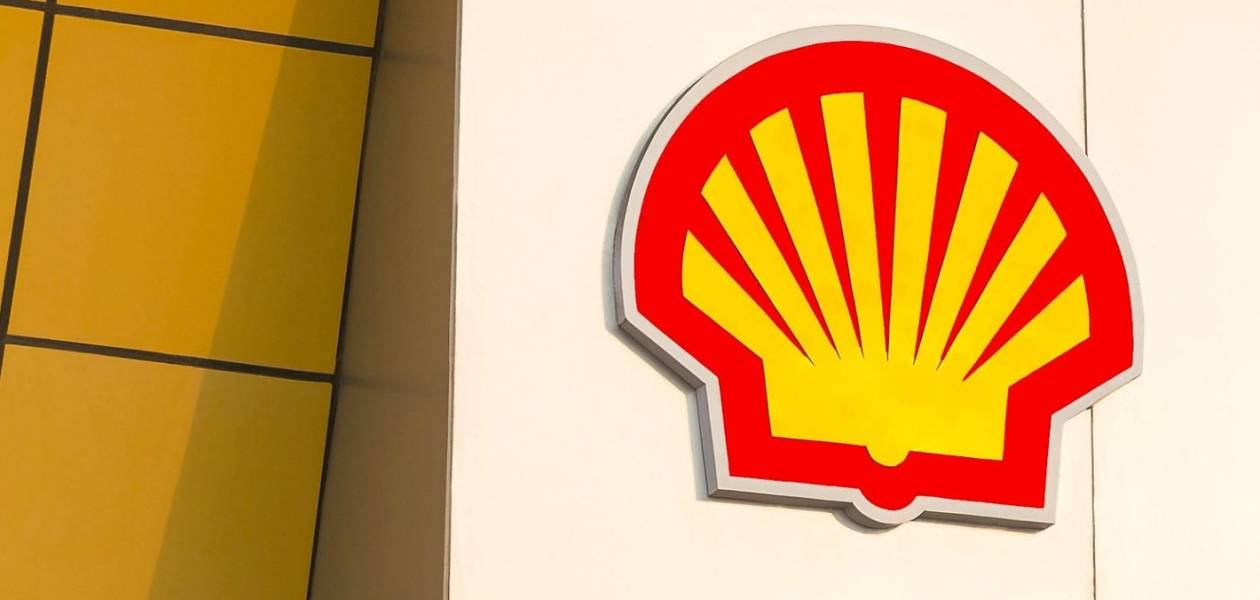
Oil groups are in the spotlight right now. Their strategies for combating climate change are under scrutiny. Shareholders and NGOs are not letting anything go.
In our article of May 22, 2021 , we mentioned the Total group, which is facing attacks from various NGOs because of its gas and oil extraction projects in regions of the world already weakened by climate change. The company must also meet the demands of its shareholders who expect much more from management when it comes to investing in green projects and who voted against the strategy presented by management.
A few days ago, it was the turn of the boss of ExxonMobil, Darren Woods, to defend his climate strategy against an audience of shareholders strongly awaiting commitments and promises from the oil giant to increase significantly the share of its investments in alternative energies. He was delighted to be supporting his company in a “transition to a low carbon future” .
The other American oil giant, Chevron, is not immune to this new trend either and is forced to carefully examine the proposals made by its shareholders concerning the climate.
The damage of fossil fuels on the climate is no longer to be demonstrated and the pressures exerted on the oil giants both by public opinion but also shareholders and NGOs are increasing.
The Shell group experienced this in April 2019 when an NGO collective made up of the Milieudefensie association, a Dutch offshoot of the international organization Friends of the Earth, Greenpeace, Action Aid among others but also 17,000 citizens brought in civil proceedings, sued the group in a Dutch court. And the motive is the same as for other players in the sector: to force Shell to reduce its CO² emissions.
Even if Shell was committed to achieving carbon neutrality by 2050, these declarations of intent are no longer sufficient in the eyes of the collective fighting for the protection of the environment. The oil giant is called upon to put in place rapid, concrete and quantifiable actions in order to respect the objectives of the Paris Agreement.
However, unlike Total, the shareholders of the Dutch giant have largely voted for its climate strategy, even if the share of the hydrocarbon activity in overall turnover remains very high. Ben van Beurden, CEO of the group, was also pleased: "This shareholder vote on our energy transition strategy is a first for an energy company and we are happy that the shareholders have shown their strong support" ; thus maintaining its position and affirming to do everything in its power to support its ecological transition.
To legally constrain and no longer to be satisfied with declarations. This is what the complainants were waiting for. As the NGO Milieudefensie declares: "The climate case against Shell is unique because it is the first time in history that justice has been called upon to order a company to emit less CO2 by modifying its policy". Shell must reduce its CO2 emissions by 45% by 2030, "in accordance with the objectives agreed in the Paris climate agreement". The NGOs' requests were clear and it was in this sense that they were awaiting the court's decision. Objectives which are, of course, much more friendly than those presented by the Anglo-Dutch giant; namely a reduction in CO2 emissions on all energy produced, from 6 to 8% by 2023, 20% by 2030, 45% by 2035 and 100% by 2050.
Global warming is a most sensitive subject for the Dutch, whose country is partly below sea level, as well as for the government, which has committed to reducing its CO² emissions by 49% by 2030. We understands therefore that the court's decision was eagerly awaited.
This latest episode for which Shell is paying the price could well sound like a warning shot for all the oil groups in the world and set a precedent. As Marit Maij, Executive Director of ActionAid in the Netherlands, recalled: “Big polluters like Shell have a huge responsibility to help fight climate change. "
Obviously, the message was heard by Dutch courts.
Posted on 2021-05-27 12:08








Comments